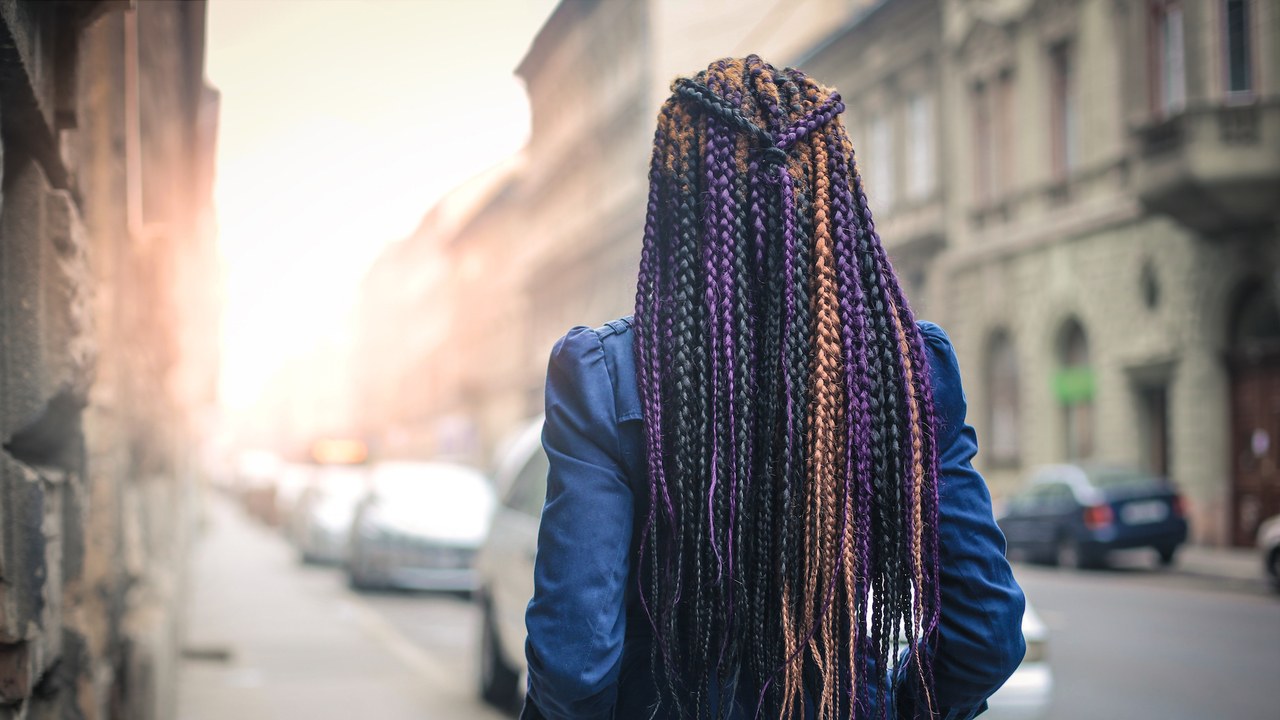New York Is the Latest State to Ban Discrimination Against Natural Hair

New York is officially the second state to make it illegal for employers to discriminate against employees because of the way they wear their hair.
Last week, Governor Andrew Cuomo passed Assembly Bill 07797, legislation that would “prohibit race discrimination based on natural hair or hairstyles.” This law will also impact previous efforts to curb discrimination in the state. For example, it will solidify recently introduced human rights guidelines, which called for the protection of citizens’ right to wear natural hair, treated or untreated, in hairstyles such as locs, cornrows, twists, braids, or Bantu knots. The bill is also an amendment to New York state’s Human Rights Law and Dignity for All Students Act, which outlines racial discrimination as “traits historically associated with race, including but not limited to hair texture and protective hairstyles.”
The signing of this law comes on the heels of California’s recently enacted CROWN Act, which made the state the first in the country to ban employers from discriminating against people with natural hair. “By introducing the bill, I wanted to use it as an opportunity to educate my colleagues about the unique experience and opportunities of having black hair. I didn’t want them to see it as a negative,” Los Angeles Democratic senator Holly Mitchell told Glamour. “Because of my natural hair texture, I have the unique opportunity to wear these amazing natural hairstyles.”
Through the bill, Mitchell also aimed to highlight that locs are no less “professional” than straightened hair or a blowout. “Our knowledge and ideas of what’s ‘appropriate,’ what’s ‘professional,’ what’s ‘beautiful,’ are based on a very Eurocentric standard,” she said. “This bill and my mere presence in presenting the bill was going to challenge that.”
New York becoming the second state to pass this type of anti-discrimination law sends a powerful message to women who have faced issues in the workplace because of how they wear their hair. A recent study from Dove found that black women are 50% more likely to be sent home, or to know a black woman who has been sent home from work because of her hair. Which doesn’t even account for the countless microagressions women face when wearing their hair natural in school or at work.
While it’s too soon to tell how cases of discrimination will be handled under these new laws, it’s a vital step in the right direction for workplace inclusion.



